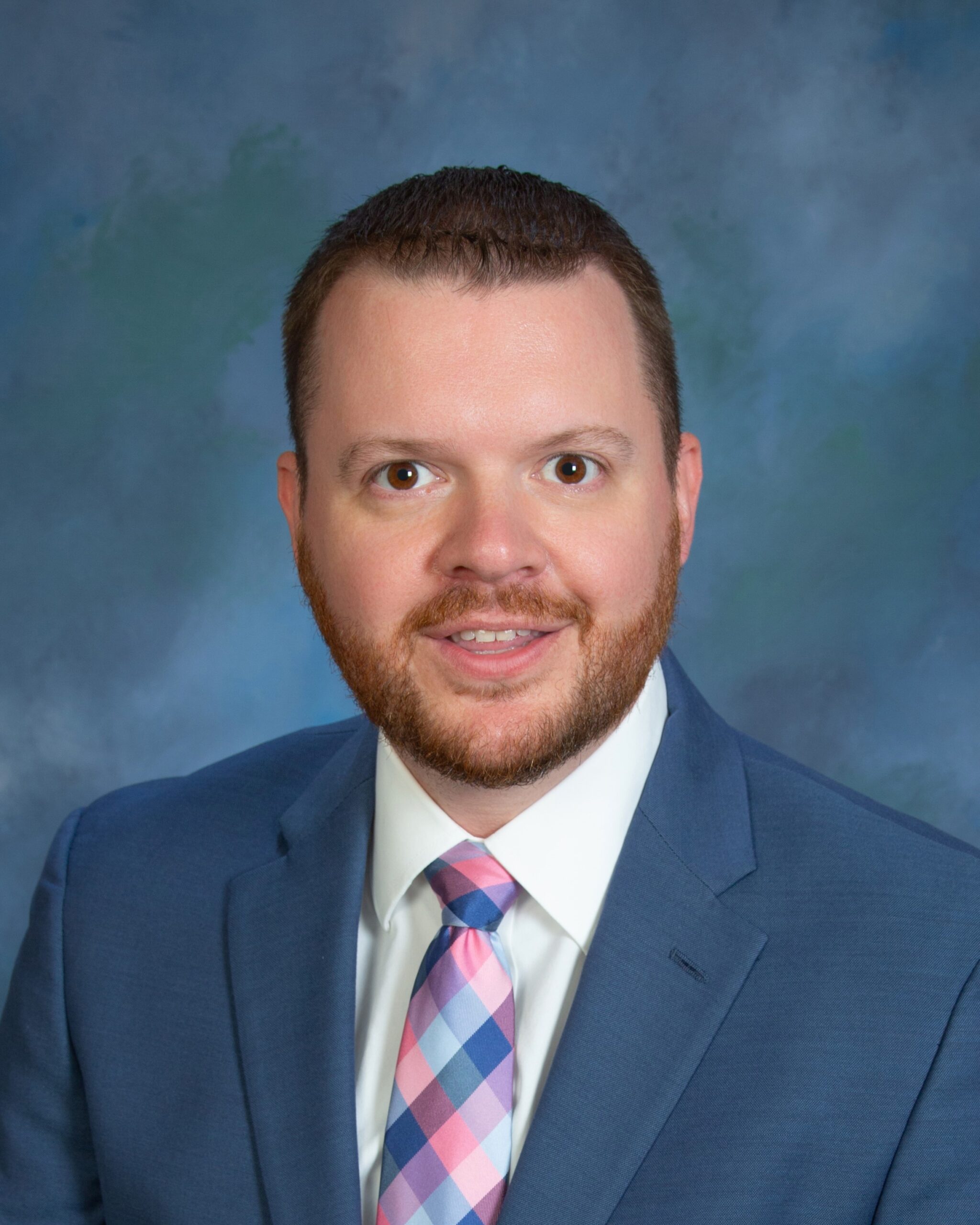Small businesses that were among the first to receive loans through the Paycheck Protection Program (PPP) may be preparing to file the application to have all or part of the loan forgiven. But new legislative changes could shift those plans as the program evolves.
The U.S. House on Thursday overwhelmingly passed the bipartisan Paycheck Protection Flexibility Act, which makes significant changes to the PPP and could make it easier for borrowers to obtain full forgiveness. The Senate has similar legislation pending, but with notable differences. The potential changes include:
- Increasing the amount of time recipients have to spend the loan, from eight weeks to 24 weeks (House bill), or from eight weeks to 16 weeks (Senate bill)
- Decreasing the percentage borrowers must spend on payroll costs, from at least 75% to 60%, while the other 40% can go to non-payroll expenses, such as rent, utilities and mortgage interest (House bill only; Senate includes no change)
- Extending the program from June 30, 2020, to December 31, 2020
- Extending loan terms from two years to five years
- Ensuring full access to payroll tax deferment for recipient
In its current form, the House bill offers more flexibility to small businesses, particularly to those that do not have a large portion of their total expenses dedicated to payroll. As such, the legislation increases the ability to have the loan fully forgiven, though it will change the calculation and may cause a disruption for businesses already preparing to their application and expecting 100% to be forgiven.
Nevertheless, for recipients near the end of their eight-week expense period, it is best to hold off on completing a forgiveness application until new PPP legislation is passed and signed or is defeated. During this unprecedented time, these laws and programs will continue to evolve, and we all will need to adapt along with them.
In the meantime, our experts will keep you informed, and please don’t hesitate to contact us with any questions.
